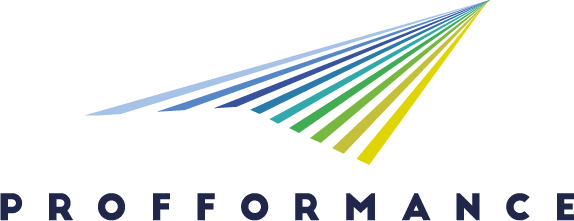ELEBOC
Electronic exercise book of organic chemistry
- 05 – Natural sciences, mathematics and statistics
2. Innovative teaching and learning
- Innovative online and blended learning methods, engaging and participative hybrid learning organization
- Innovative methodology to keeping motivation and attention during online lectures
- Simulation techniques: games, play and role-play – simulation-based learning techniques
- Other:
Unconventional on-line and electronic teaching materials
Similar to other fields, modern education in chemistry cannot be performed without the support of electronic tools. E-learning supports the understanding and homework of all students. Furthermore, e-learning facilitates the academic studies of otherwise disadvantaged people, e.g. people with reduced mobility. Unfortunately, in organic chemistry, the use of common e-learning tools is limited because they do not allow the active drawing of formulas in the web browser environment, and the answers are realized only in verbal form. This is a crucial handicap, as one of the most important skills a student can have after completing an organic chemistry course is to understand the ‘language of formulas’, i. e. to be able to estimate chemical and physical properties from a formula and use a structural formula to explain various chemical processes. At the University of Chemistry and Technology, Prague, we created a portal containing an interactive electronic exercise book on organic chemistry that offers practicing organic chemistry in the required form (https://och.vscht.cz/). The portal includes electronic exercises in which students respond by drawing structural formulas of products and intermediates or by drawing reaction mechanisms. Importantly, answers can be driven in 3D mode to support stereochemistry exercises. The answers are checked automatically and evaluated (in examination mode). Alternatively, a suggestion is offered to help students find and understand the correct answers (in educational mode). New questions may also be entered into the system, allowing the contributions of any registered users, e.g. teachers from other institutions. The exercise book is based on Chemaxon’s Marvin JS program and, in addition to teaching organic chemistry, allows students to become familiar with one of the most widely used web-based molecular drawing programs. The Organic Chemistry Portal has been created to operate the exercise book, which envisages the launch of other applications in the future. The portal and exercise book have been fully operational in both Czech and English since 2018/2019. Since 2018, the portal has gained almost 30,000 users, including 2,500 users of the English version (source: Google Analytics).
Methodology
Tools, equipment, technology used
Outcomes and outputs, main results
Lessons learnt
Adaptability and sustainability of the best practice (for other institutions)
Promotion of best practice
Scope and impact
- Course/department level
- Faculty level
- Institutional level
- Cross-institutional level
- National level
- EU/EHEA/International level
6.1 Digitalization
- Innovative, novel methodology in using digital tools/devices in teaching
- Innovative use of digital administration tools
- Digital skills development and assessment both general and profession-related, embedded in course design, in teaching and assessment
- Novel digital solutions (tools, frameworks, devices, tasks to enhance efficiency and motivation)
Reasoning: Our electronic exercise book uses a novel digital teaching approach, which is based on a collection of broadly used and available molecular drawing programs and our extensive question database. This teaching approach allows for creating a unique digital tool for internet online/offline teaching or examination by directly drawing structural formulas and reaction mechanisms, which are evaluated online by a machine. Furthermore, this approach familiarises students with a drawing program used in che
6.2 Internationalization
- Courses offered to international multicultural students both online and offline
Reasoning: The portal allows various language versions to be easily implemented, which is important because starting a career in chemistry is easier in one’s mother tongue. Being multilingual, the system helps students switch to English, thus contributing to their professional language skills development.
6.3 Inclusion and diversity, universal design
- Inclusive course design, universally designed divers activities to meet special students' needs
- Innovative teaching methodology for inclusion and meet diverse student needs
- Alternative, flexible assessment methods for students with special needs
Reasoning: This electronic tool enables interactive teaching and the practice of organic chemistry without the constant assistance of a teacher. In addition, the internet version is available almost everywhere, even when using a mobile phone. This will make learning easier for disadvantaged people, such as students from remote locations or people with reduced mobility.
6.4 Sustainability
- NOT RELEVANT
Reasoning:
3.3 Public contact datas
| Name | Email address | Website |
|---|---|---|
| Radek Cibulka | cibulkar@vscht.cz | https://uoch.vscht.cz/ |

